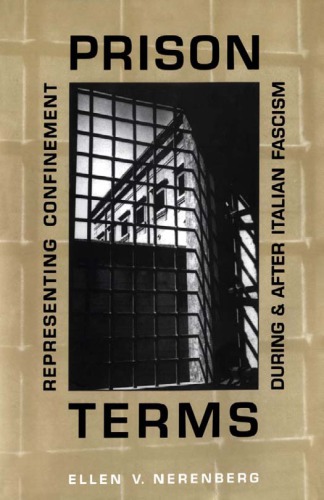

Most ebook files are in PDF format, so you can easily read them using various software such as Foxit Reader or directly on the Google Chrome browser.
Some ebook files are released by publishers in other formats such as .awz, .mobi, .epub, .fb2, etc. You may need to install specific software to read these formats on mobile/PC, such as Calibre.
Please read the tutorial at this link: https://ebookbell.com/faq
We offer FREE conversion to the popular formats you request; however, this may take some time. Therefore, right after payment, please email us, and we will try to provide the service as quickly as possible.
For some exceptional file formats or broken links (if any), please refrain from opening any disputes. Instead, email us first, and we will try to assist within a maximum of 6 hours.
EbookBell Team

0.0
0 reviewsIn this ground-breaking work, Ellen Nerenberg offers an analysis of the confinement experience in Italian narrative between 1930 and 1960, the last fifteen years of Fascism and the fifteen that followed. Nerenberg diverges from the notion that a radical break from Fascism coincided with Mussolini's fall, instead revealing a disturbing continuity of social restraints following World War II.
Drawing on critical discourses of architectural design, urban planning, and cultural geography, Nerenberg offers readings of Buzzati, Piovène, de Céspedes, Banti, Morante, Pratolini, and Gadda. Not limiting herself to prisons, she also explores military barracks, convents, brothels, and homes as carceral homologue. In a surprising investigation of the male body as defined by the architectural space of the barracks and the discursive practices of military guides and journals, she challenges the notion circulated during Fascism of a homogenous model of masculinity. She also probes the social and symbolic positions of women in relation to confinement, the law, power, and liberty. In a chapter titled .House Arrest,. she treats the ominous space of the home as a homologue for prison wherein .women are induced into criminality..
A study of literal and literary spaces during and after Italian Fascism, this work examines the ways in which Fascist cultural and discursive practices and ideology endure in other guises past the fall of the Regime.